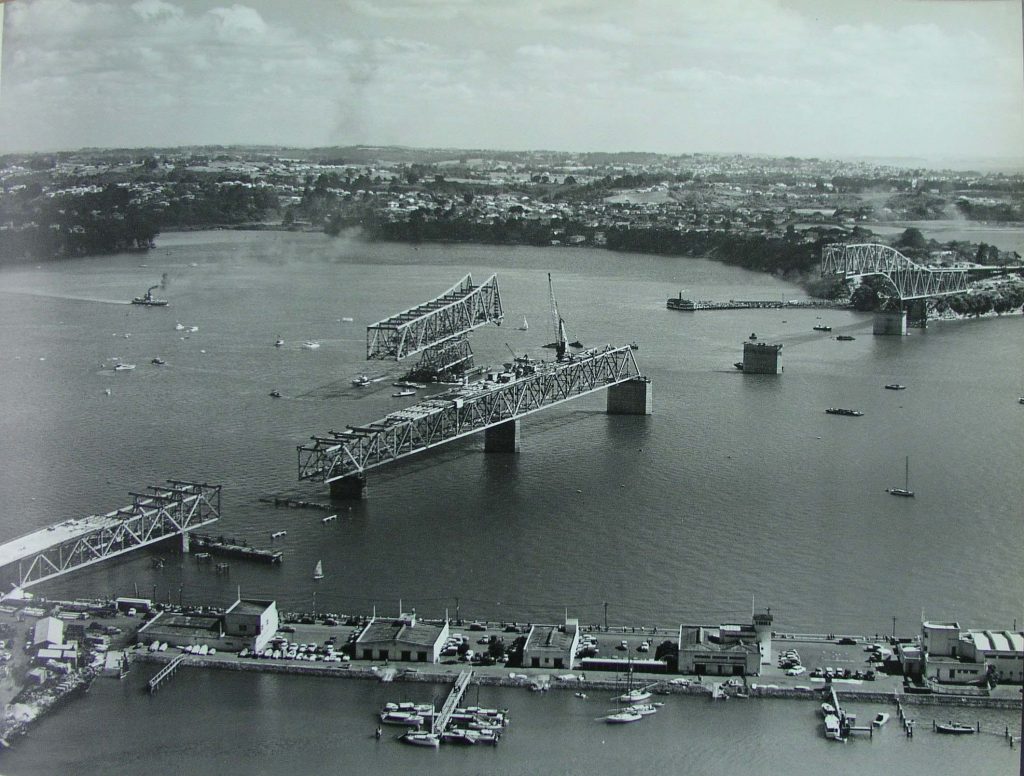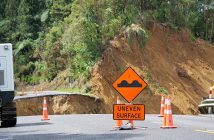The Infrastructure Commission notes that New Zealand would have to spend around 9.6% of GDP over 30 years to bridge the infrastructure backlog and build a fit-for-purpose network, which Dr Matthew Birchall says is simply not feasible, nor is it desirable

New Zealand faces several infrastructure challenges in the years ahead. Our much debated infrastructure deficit will require significant investment over the medium term, especially in critical areas such as health, transport and housing. Population growth will squeeze our towns and cities. And changing weather patterns will force us to ask searching questions about infrastructure resilience.
However, we cannot just build our way out of these problems.
Yes, we need to make it easier to get things done. And, yes, we need to think strategically and plan for the long-term. But we also need to spend our limited resources more efficiently.
Every dollar spent on infrastructure is one dollar less spent on education, policing and other priorities.
How, then, can we solve what often feels like an intractable problem?
Paving the Way: Learning from New Zealand’s Past to Build a Better Future turns to the past for some lessons about the future. New Zealand has a rich infrastructure heritage that can inspire us to break the impasse. And it can shine a light on what does not work, too.
There are three important takeaways from this history lesson.
Embrace private enterprise
Using government borrowing to wish away New Zealand’s infrastructure deficit is tempting. It may even work on a superficial level, but it would be fiscally irresponsible and misallocate resources. The travails of Julius Vogel and Robert Muldoon remind us how disastrous betting big on public infrastructure can be.
But it is not all doom and gloom. New Zealand has proven its ability to leverage the private sector to make sound investment decisions that prioritise commercial outcomes over political considerations, as illustrated by the successful rollout of Ultra-Fast Broadband (UFB).
That is an ideal foundation to build on.
Locals know best
Localism is the lifeblood of responsive and targeted development.
Local communities often know their needs better than distant bureaucrats, so it’s important to let those who benefit from growth and development make the decisions. While Wellington has an important role to play in setting infrastructure strategy, local authorities should be empowered to make critical infrastructure decisions – just as they once were.
The high standard of the Taranaki toll roads in the early 20th century and the construction of the Auckland Harbour Bridge after World War II exemplify the advantages of leveraging local knowledge.
Advocates of a Ministry of Works 2.0 insist that it would deliver infrastructure more effectively than local authorities or private enterprise. However, the problem with the original Ministry of Works is that it did not work. It ran roughshod over local knowledge and was highly politicised.
That is a history not worth repeating.
The will to build
The early settlers built roads and bridges, towns and cities. And they did so armed with a positive attitude to building and development. During the mid-20th century, the government was able to create entire suburbs because planning restrictions and zoning regulations did not get in the way. However, in the 21st century, the Sixth Labour Government was unable to fulfil their lofty promises for KiwiBuild because planning restrictions and zoning regulations did nothing but get in the way.
It is imperative New Zealand rediscovers the spirit of construction and simplifies the building process.
New Zealand is poised at an infrastructure crossroads. The network we need to thrive and prosper in the 21st century may look very different from the one our forebears built. But that does not mean that we should ignore the lessons of the past.
New Zealand was once able to deliver infrastructure. There is no reason why we cannot do it again.
Dr Matthew Birchall is a Research Fellow at The New Zealand Initiative, focusing on infrastructure and the housing market. A
historian by training, Matthew’s writing on the British Empire has been published in the Journal of Global History and Global
Intellectual History. He was awarded the Royal Historical Society’s prestigious Alexander Prize in 2021 for the best scholarly
article based upon original historical research.
Matthew holds an MA (Hons) in International Relations & Modern History from the University of St Andrews, an M.Phil. in
Political Thought & Intellectual History from the University of Cambridge and a PhD in history, also from the University of
Cambridge








